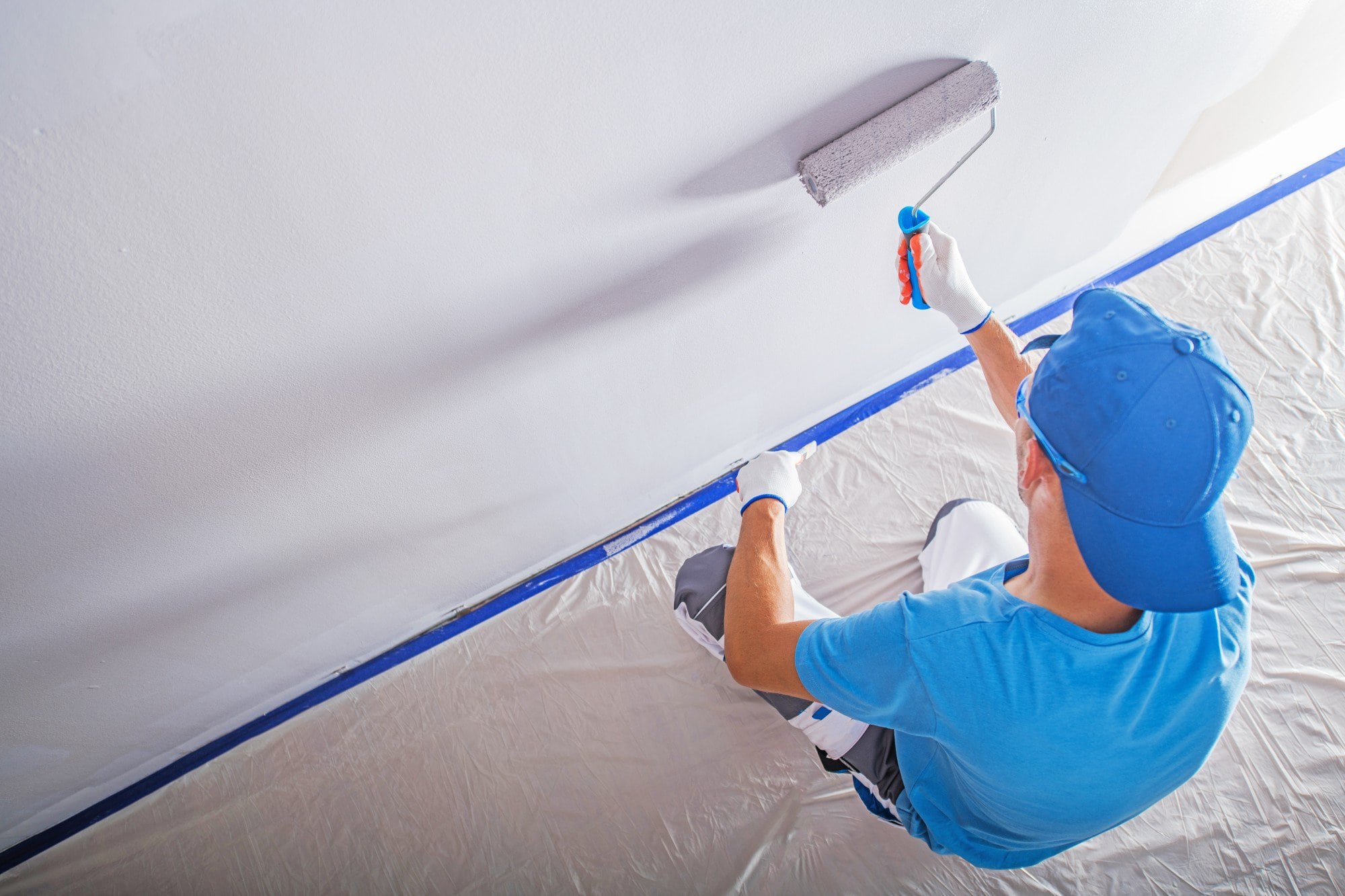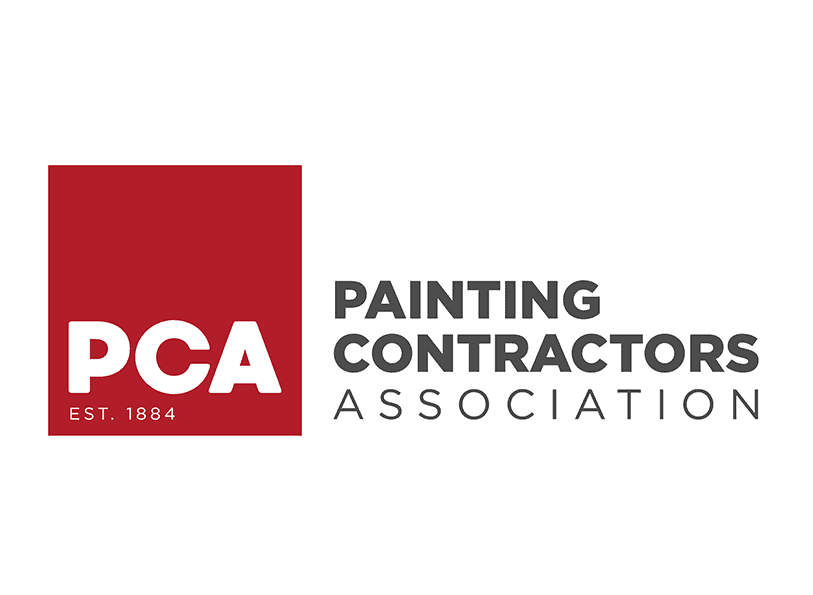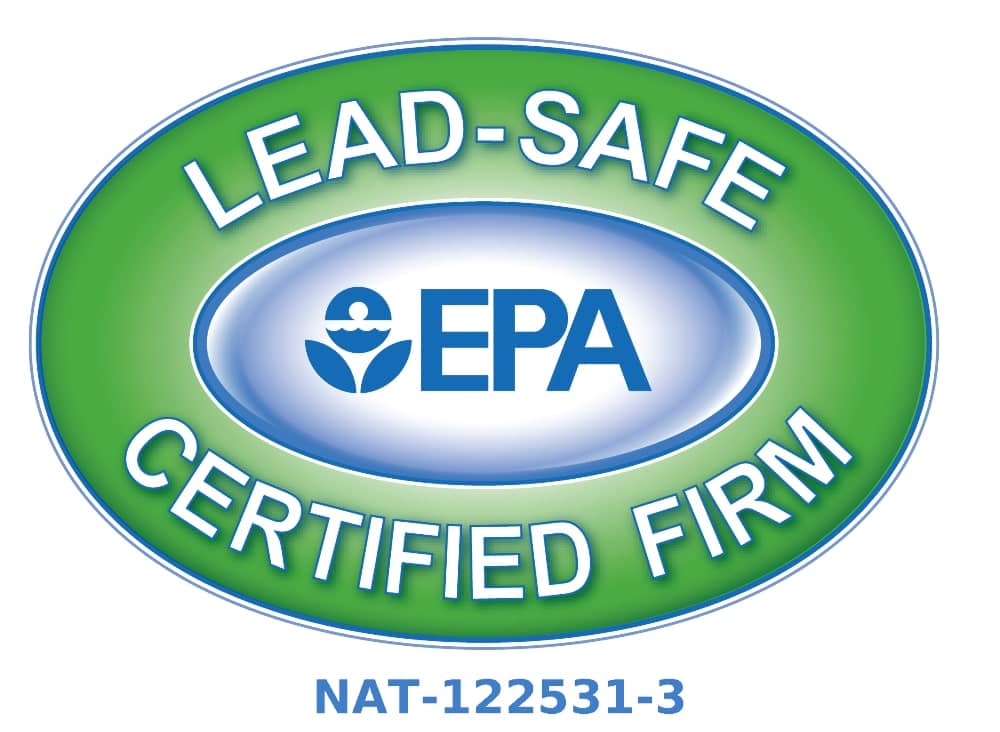
24 Sep How Many Estimates Should You Get for a House Painter?
When hiring a house painter, getting the proper estimates is crucial. Whether refreshing a single room or giving your entire home a new look, understanding how many estimates to obtain can make a big difference in your project’s outcome. Too few estimates might limit your options, while too many can lead to decision fatigue. In this blog post, we’ll dive into the optimal number of estimates you should aim for and why this number is essential. We’ll also explore what to look for in each forecast to ensure you make the best choice for your painting project.
Why Getting Multiple Estimates is Important
Obtaining multiple estimates isn’t just about finding the lowest price; it’s about ensuring you get the best value. Here are a few key reasons why collecting several estimates is essential:
- Understanding the Market Rate: Getting multiple estimates helps you know the going rate for painting services in your area. This knowledge can protect you from being overcharged or accepting a deal that seems too good to be true.
- Comparing Services: Not all painting companies offer the same level of service. By obtaining several estimates, you can compare what each company includes in their quotes, such as prep work, materials, and warranties.
- Evaluating Professionalism: Obtaining estimates allows you to assess each painter’s professionalism. How they handle the estimate can indicate how they will handle the job.
- Assessing Experience and Expertise: Different painters have different levels of experience and expertise. Some may specialize in specific types of painting, like exteriors or interiors, which can impact the estimate they provide.
How Many Estimates Should You Get?
The ideal number of estimates for a house painting project is typically between three to five. Here’s why this range works well:
- Three Estimates: Getting at least three estimates gives you a solid foundation for comparison. This number allows you to see the range of pricing and services without feeling overwhelmed. Three is a manageable number that provides enough variety to make an informed decision.
- Four to Five Estimates: Four to five estimates can be beneficial if you want a more comprehensive understanding of the market or if you have a particularly large or complex project. This provides a broader scope of options and can help you identify outliers, such as unusually high or low quotes.
- More than Five: While it might seem that more estimates offer a better chance of finding the perfect painter, too many options can lead to analysis paralysis. Sorting through a large number of quotes can become time-consuming and may make the decision-making process harder.
What to Look for in Each Estimate
Getting multiple estimates is only part of the process. Knowing what to look for in each estimate is key to making the best decision. Here are some critical elements to consider:
- Detailed Breakdown: A reasonable estimate should provide a detailed breakdown of the costs, including labor, materials, prep work, and additional fees. This transparency helps you understand exactly what you’re paying for and ensures no hidden costs.
- Scope of Work: Each estimate should outline the scope of work, including the number of coats of paint, the areas to be painted, and any necessary preparation work, such as sanding, priming, or repairs. This clarity helps ensure all painters are quoting on the same basis.
- Materials Quality: Pay attention to the quality of the materials included in the estimate. Higher-quality paints and materials may have a higher price tag but can offer better durability and finish.
- Timeline: The estimate should include an estimated timeline for the project. This helps you gauge how quickly the painter can start and complete the work, which is essential if you’re on a tight schedule.
- Warranties and Guarantees: Check if the painter offers any warranties or guarantees on their work. A warranty provides peace of mind that the painter stands behind their work and will address any issues after completing the project.
The Importance of Checking Contractor Credentials
Beyond the numbers, the credentials of the painting contractor are equally important. Verify that contractors are licensed and insured to protect yourself from potential liabilities. Look for reviews and testimonials from previous clients to gauge their reputation and reliability. A reputable contractor should be willing to provide references or examples of past work. This step helps validate the quality of work and offers peace of mind that you’re entrusting your home to capable hands.
Questions to Ask When Reviewing Estimates
Once you have your estimates, asking key questions is essential to help you make an informed decision. Here are some questions to consider:
- Is the Estimate Fixed or an Estimate?: Some painters provide fixed quotes, while others provide estimates that could change based on the actual time and materials used. Clarify this point to avoid surprises.
- What Prep Work is Included? Prep work is crucial for a quality paint job. Ensure the estimate includes detailed information about the prep work, such as cleaning, sanding, and priming.
- Are There Additional Costs?: Ask if any potential additional costs could arise during the project. This helps you budget more accurately and avoid unexpected expenses.
- What Type of Paint Will Be Used? Inquire about the paint the painter plans to use. Higher-quality paints may cost more but can offer better coverage and durability.
- How Will You Protect My Property?: A professional painter should take steps to protect your property, such as covering furniture and floors. Make sure this is included in the estimate.
Choosing the Right Painter Based on Estimates
After reviewing all your estimates, it’s time to make a decision. Here are some tips to help you choose the right painter:
- Don’t Just Go for the Lowest Price: While it might be tempting to choose the cheapest option, this isn’t always the best choice. Consider the value offered by each painter, including the quality of materials, experience, and warranties.
- Check References and Reviews: Before making your final decision, check the painter’s references and online reviews. This can give you insight into their work quality and customer service.
- Trust Your Instincts: If something feels off about a particular painter or estimate, trust your instincts. The right painter should make you feel comfortable and confident in your abilities.
- Consider the Overall Value: Look at each painter’s value rather than focusing solely on the price. The quality of work, materials, and customer service all contribute to the value you receive.
The correct number of estimates is crucial when finding the right house painter. Home Works Painting provides detailed estimates that balance information and simplicity, typically suggesting three to five estimates to aid in informed decision-making. Remember to look beyond the price; consider the scope of work, materials, and warranties included in each calculation. You can trust Home Works Painting to offer your project the best combination of quality, value, and professionalism by comparing and evaluating multiple estimates.

Mike Katounas is the owner of Home Works Painting, a painting business in Northern Virginia. He has over 15 years of experience in residential interior and exterior painting, drywall installation/repair, carpentry, wallpaper removal, power washing, commercial painting, color consultation, and staining/sealing. Their service areas include Chantilly, Fairfax, Herndon, Oakton, Reston. Mike takes pride in his work, and he always follows a strict code of conduct that includes the use of quality paint, a clean workspace, and an honest, respectful approach to his customers.












Sorry, the comment form is closed at this time.